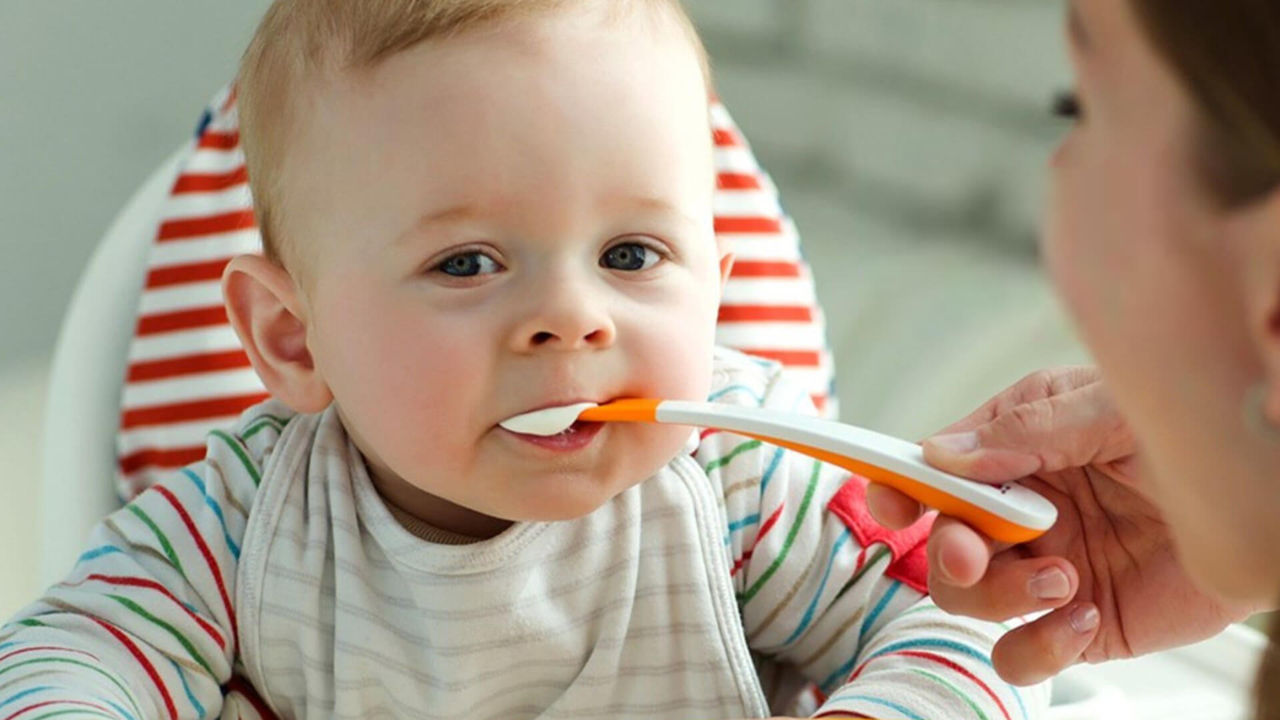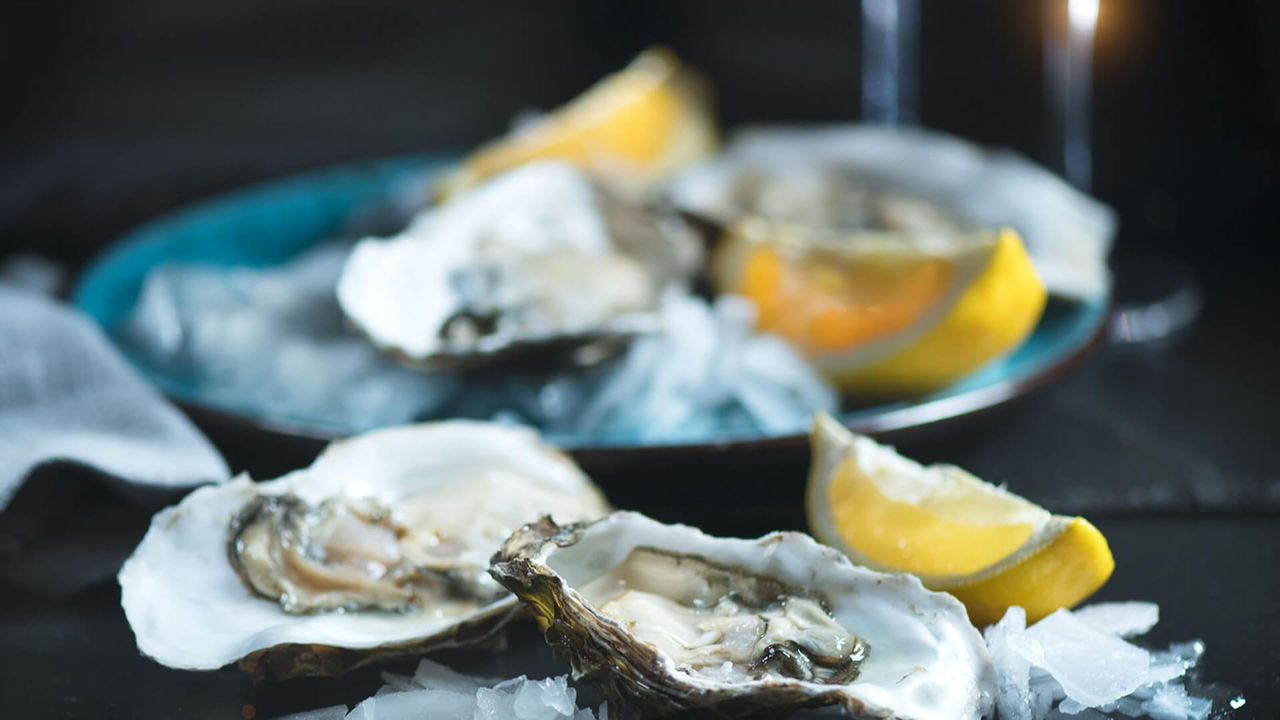- Vitamin K is essential for maintenance of normal bones and is also important for blood coagulation
- In infancy, babies need enough vitamin K to assist with blood clotting
- Vitamin K is produced by bacteria in the gut, and green leafy vegetables are a good source, too
The importance of vitamin K during pregnancy

Key points
Why is vitamin K so important?
Vitamin K is a fat soluble vitamin. It has calcium-binding properties that are needed for the maintenance of normal bones and is very important for blood coagulation. Its blood clotting properties are important to make sure you have enough blood in preparation for labour and the recovery afterwards.
Once your baby is born, he or she too needs enough vitamin K for blood clotting. Although vitamin K deficiency is very rare, some infants are born with low vitamin K. Because of this, administration of vitamin K is recommended for all infants after birth to minimise the risk of serious bleeding.
Vitamin K and your pregnancy diet
For most people it should be easy to get all the vitamin K that you need from a healthy, well-balanced diet during pregnancy. There is no increase in dietary requirements of vitamin K when you are pregnant. Most of the vitamin K your body requires is made from the bacteria in the gut and the rest is sourced from your diet.
Sources of vitamin K that you can add to your diet include:
- Kale and spinach
- Cabbage
- Broccoli
- Brussels sprouts
- Lettuce
- Vegetable oils (soybean and canola)
During pregnancy, vitamin K from your diet is adequate for both mother and baby. Once they are born, however, he or she will require additional vitamin K to be given via supplementation.
Protecting your baby with vitamin K at birth
Babies are born with inadequate vitamin K stores. Without vitamin K supplementation, your baby is at risk of developing vitamin K bleeding disorder (VKBD), a serious condition that can result in bleeding in the brain, brain damage and sometimes death.
In Australia and New Zealand it is recommended that infants receive a vitamin K injection soon after birth to prevent VKBD, just to be on the safe side. You will be asked to consent to this. It is usually given by your midwife or doctor straight after the birth. The dose given is enough to prevent VKBD until your baby can make its own vitamin K at 6 months of age. If you don’t like the idea of your baby receiving an injection, then speak to your health care professional prior to giving birth. An oral option is available, but be aware it is not suitable for all babies.
Related pages

Get in touch with our Careline experts
When your little one is unhappy or unwell you want reliable support from a trusted source. Our Careline team of nutritionists, dietitians and midwives specialise in infant and child health, offering free nutrition, feeding and product information.
Every feeding journey is unique
Not every parent can produce breast milk. No matter what choice you make, we will support your unique feeding journey.
We at Nutricia believe in providing the best nutrition for babies, which is why we recognise breast milk is uniquely superior for babies as it provides many benefits. It is important that mums have a healthy diet to support breastfeeding. A decision not to breastfeed, or partial bottle feed, may reduce breast milk supply making it difficult to reverse. The cost and social implications of using feeding methods should be considered. Always seek professional advice about feeding your baby. Ensure formula is used as directed as improper use can affect baby’s health.
REMEMBER: The information on this page is general only. If you have any concerns about your baby’s poo or questions about constipation or any other health concerns, please speak to a healthcare professional, like a Pharmacist, GP or Maternal Child Health Nurse.



